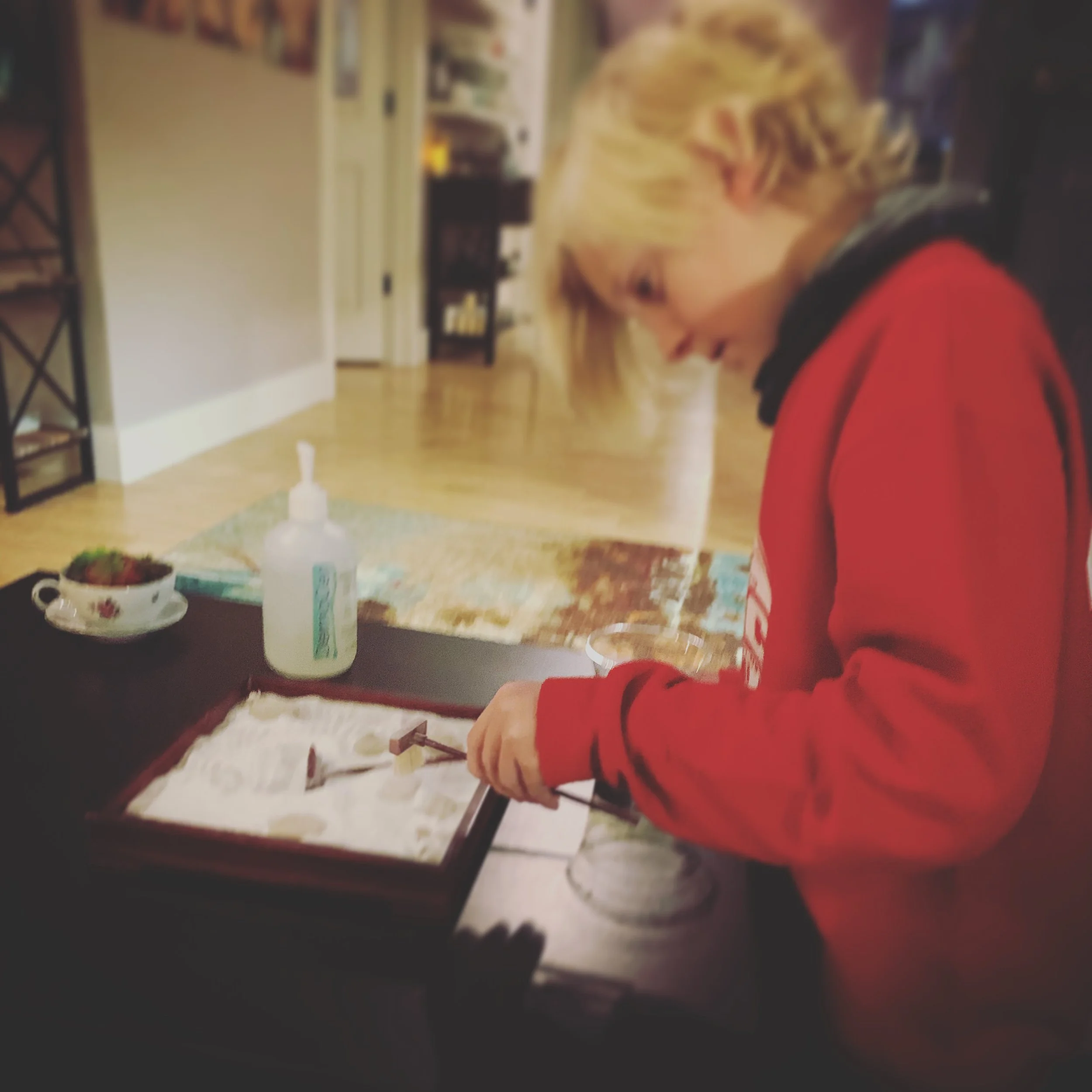Acupuncture for Pediatric Mental Health
The COVID-19 pandemic has taken a toll on everyone, but a population that may fly under the radar when it comes to stress, anxiety, depression and PTSD is our children and adolescents. About 50% of mental health conditions begin by the age of 14 according to the American Psychiatric Association and may manifest as sleep or appetite changes, withdrawal from activities, nervousness, or difficulty concentrating. (Parekh, 2018).
According to the BMC Pediatrics, “after the H1N1 and SARS epidemics, post-traumatic stress is estimated to be four times higher in children who have been in quarantine compared to those who have not, and their likelihood of presenting acute stress disorder, adjustment disorder, and grief is also higher” (Segre et al., 2021, para. 9). A survey was performed on the effects of quarantine on children in Italy and Spain questioning over 1100 parents with children between the ages of 3-18. The study concluded over 85% of parents reported behavioral and mental changes in their children during the COVID-19 quarantine (Wagner, 2020). Parents reported observations of irritability, restlessness, nervousness, loneliness, worry, uneasiness, boredom and difficulty concentrating in their children (Wagner, 2020). Unfortunately, if left untreated, experts warn of future mental health problems including loneliness that can occur almost a decade later (Segre et al., 2021).
Fortunately, Acupuncture and Classical Chinese Medicine (CCM) provide a way for the body to come back into balance and calm the mind, body and spirit. Acupuncture is a 3000+ year old medicine that improves the function of the body through the insertion of needles on specified points. The treatment improves immune function, increases circulation, reduces inflammation, alleviates pain, increases nervous system function and decreases stress and anxiety.
Many parents seek alternatives to conventional therapies and medications for anxiety, depression, and PTSD in young children. Acupuncture and Classical Chinese Medicine provide a holistic approach to pediatric care and provide parents with tools for food therapy, lifestyle recommendations, and acupressure points to continue the treatment at home.
Children are full of energy and resources, which is why a child’s cut heals faster than an adult’s. Kids respond very quickly to treatments because of the abundant supply of resources, making acupuncture an ideal medicine, especially when treatments begin at an early age.
Many children may have a fear of needles, and, fortunately, acupuncturists can offer many non-needle techniques such as laser therapy, acupressure, moxibustion, cupping, guasha, tuina massage, and auricular acupuncture.
Case Study: Child with Anxiety and Insomnia
CASE STUDY
A ten-year-old boy, came into the clinic with severe anxiety due to COVID-19 pandemic and quarantine. The child expressed fears of his family succumbing to the virus, fears of going out in public, insomnia and nightmares. The child had never received acupuncture before and did not oblige to acupuncture needles. In place of the traditional acupuncture needles, low level laser therapy activated specific points, coupled with pediatric massage, and auricular acupuncture non-needle magnets to calm the mind/spirit. The patient was given a pediatric herbal formula and request for three more follow-up treatments.
At the next follow-up treatment, the parent was shocked at how well the child slept that night. He also made a trip to the store with his mom without having a panic attack.
The past year and a half has been challenging for just about every single person in the world! Acupuncture and Classical Chinese Medicine are powerful tools to treat the mind-body-spirit, and excellent resources for psycho-emotional conditions, especially for our younger family members.
References
Parekh, R., M.D., M.P.H. (2018, July). Warning signs of mental illness. psychiatry.org. Retrieved June 14, 2021, from https://www.psychiatry.org/patients-families/warning- signs-of-mental-illness
Segre, G., Campi, R., Scarpellini, F., Clavenna, A., Zanetti, M., Cartabia, M., & Bonati, M. (2021). Interviewing children: The impact of the covid-19 quarantine on children’s perceived psychological distress and changes in routine. BMC Pediatrics, 21(1). Retrieved June 14, 2021, from https://doi.org/10.1186/s12887-021-02704-1
Wagner, K. D., MD, PhD. (2020, October 7). New findings about children’s mental health during COVID-19. pyschiatrictimes.com. Retrieved June 14, 2021, from https://www.psychiatrictimes.com/view/new-findings-children-mental-health-covid-19


